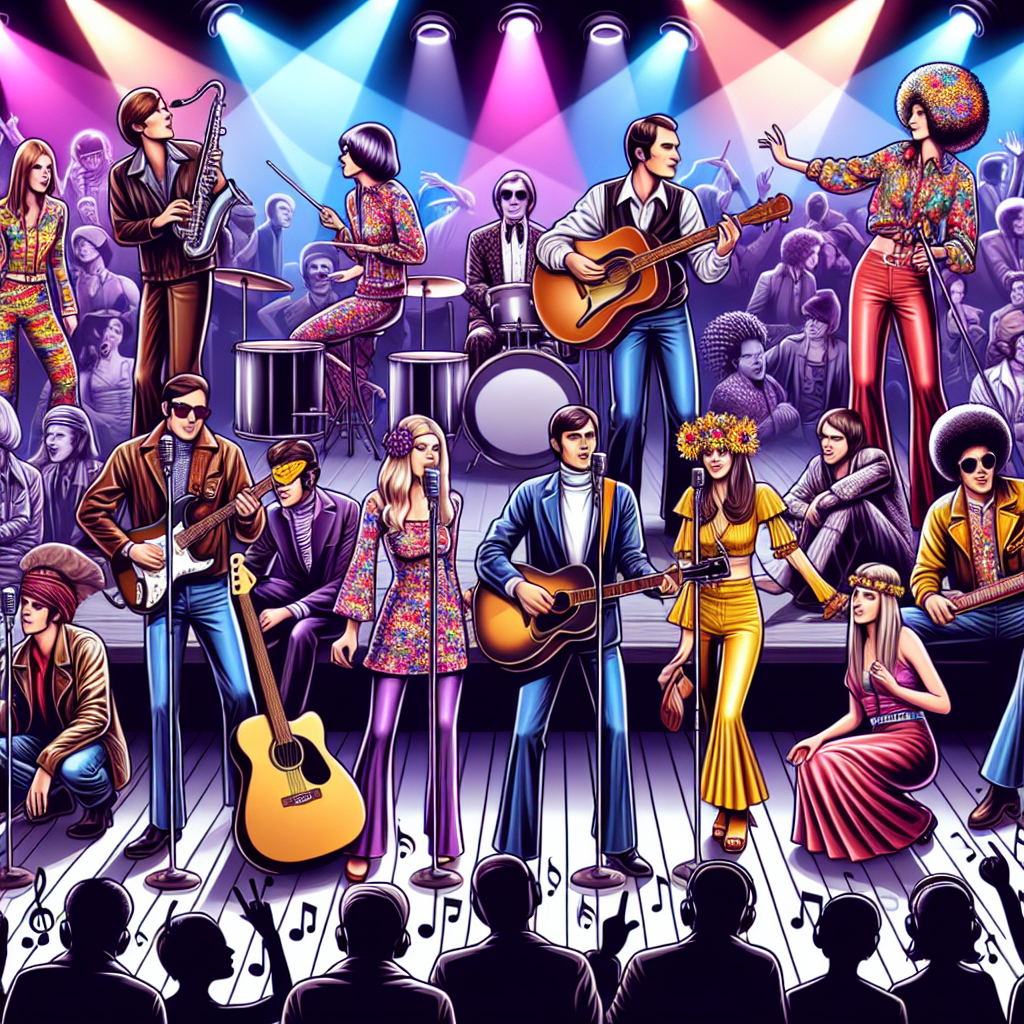Protest songs have been a powerful tool for social change throughout history. From the Civil Rights Movement to the Vietnam War era, music has played a crucial role in giving voice to marginalized communities and holding politicians accountable. In today’s world, protest songs continue to be a vital part of our culture, influencing not only music but also fashion, technology, and other aspects of society.
Music has always been a reflection of the times we live in. Protest songs are no exception, often addressing issues such as inequality, injustice, and political corruption. Artists use their platform to speak out against these issues and inspire others to take action. Through their lyrics and melodies, they are able to connect with audiences on a deep emotional level and spark conversations about important social issues.
But protest songs do more than just raise awareness – they also have the power to bring people together and create a sense of unity. In times of turmoil and uncertainty, music can serve as a source of comfort and inspiration for those who feel marginalized or oppressed. It can provide a sense of solidarity and empowerment, reminding us that we are not alone in our struggles.
Protest songs have also had an impact on fashion trends. Musicians often use their personal style as a form of expression, sending messages through their clothing choices and overall aesthetic. This has led to the rise of fashion movements that are closely tied to social activism, such as punk rock and hip-hop. These genres have influenced not only the way we dress but also how we perceive ourselves and our place in society.
Technology has played a significant role in the evolution of protest songs as well. With the rise of social media platforms like Twitter and Instagram, artists now have more ways than ever to reach their audience and spread their message. They can easily connect with fans around the world, organizing events and rallies that promote social change. Technology has made it easier for musicians to collaborate with others who share their values, creating powerful alliances that can amplify their impact.
In conclusion, protest songs continue to be an important aspect of our culture today. They serve as a reminder that music is not just entertainment – it is also a powerful tool for social change. By using their platform to address important issues and inspire others to take action, artists are able to make a positive impact on society. Through their music, they are able to bring people together, spark conversations about important social issues, and create lasting change.


Get involved!
Comments